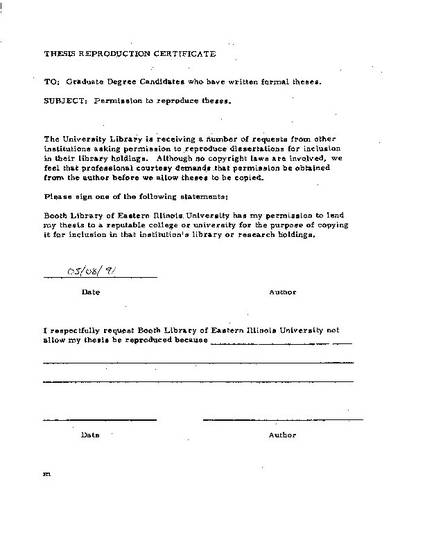
Male giant waterbugs (Belostoma flumineum Say) brood eggs oviposited on their dorsi by conspecific females. Preliminary observations indicate that viable egg pads are sometimes discarded before hatching. Theory predicts that such behavior should occur only if costs incurred by brooding exceed benefits of hatching the egg pad. The amount of paternal investment per pad should be similar for both large and small pad sizes, but as egg pads become smaller, investment per egg increases. Thus, smaller pads should be more likely to be discarded unhatched than larger ones. Similarly, egg pads containing inviable eggs should also be more frequently discarded than viable egg pads of the same size. Egg pads should be less frequently discarded as the time invested increases. Effects of these factors (egg pad size, time invested, and egg viability) upon the continuation of paternal care in the giant waterbug were investigated. Results of laboratory experiments suggest that smaller egg pads are less likely to hatch than larger ones, and males appear to be less likely to discard egg pads as temporal investment increases. However, inviability of eggs did not appear to affect the probability of an egg pad being discarded.
Available at: http://works.bepress.com/scott-kight/2/
